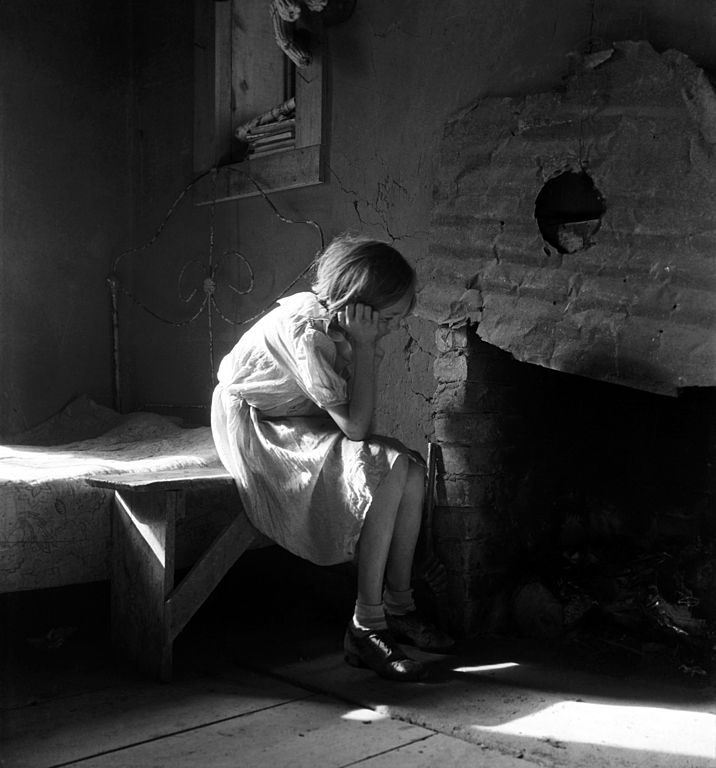
I have recently presented “You’re Lost Little Girl,” the second track of the album Strange Days by The Doors, and I said that this song probably refers to William Blake’s poem “A Little Girl Lost” in Songs of Experience (1794). Commenting the repeated line “You’re lost little girl” in the song’s lyrics, Genius says about Blake’s poem “A Little Girl Lost:”
This poem represents Blake’s pattern of the transition between “the spontaneous, imaginative Innocence of childhood” to the “complex and mature (but also more dangerous) adult state of Experience.” Could easily be taken as an homage to one of Jim’s favorite poets.
Songs later on the album including “Unhappy Girl” and “I Can’t See Your Face In My Mind” follow a similar theme.
The song “Unhappy Girl” is the album’s fourth track, and we will see how it also seems to be inspired by the visionary poet that Jim Morrison knew well. Here is a video of the song from the band’s official YouTube channel:
There is also a 2017 remastered version on that same channel. Here are the lyrics, from Genius:
Unhappy girl
Left all alone
Playing solitaire
Playing warden to your soul
You are locked in a prison
Of your own device
And you can’t believe
What it does to me
To see you
Crying
Unhappy girl
Tear your web away
Saw through all your bars
Melt your cell today
You are caught in a prison
Of your own device
Unhappy girl
Fly fast away
Don’t miss your chance
To swim in mystery
You are dying in a prison
Of your own device
Genius says about these lyrics:
This is a poem written by Jim Morrison about a girl, like many young girls in today’s society, who are afraid to “swim in mystery” and are therefore unhappy with their lives. These women will spend their adulthood regretting the chances they could’ve taken when they were younger.
More specifically, about the the line “Playing warden to your soul,” it adds:
One could understand that Morrison is arguing that we don’t have to be warden nor prisoner, and that we’re the judge. We determine what’s going to happen to us.
A frequent theme in William Blake’s Songs of Experience is how human potentialities, in particular for love, are stiffled by social institutions and by moral and religious prejudices; see for instance “A Little Girl Lost” where a girl’s sexual experience angers her father, and “The Garden of Love” where priests in black gowns replace the flowers of love with tomb-stones.
In this song, Jim Morrison tells a girl that by withdrawing on herself (“Playing solitaire”) and refusing to explore the world and its unusual experiences (“Don’t miss your chance / To swim in mystery”), she has locked herself in a prison of her own device, where she is her own warden. Like William Blake, he calls for the liberation of human experience.

